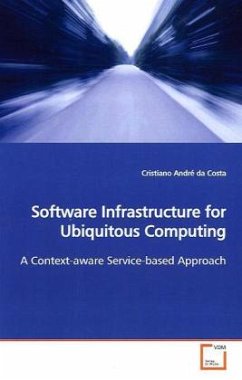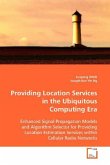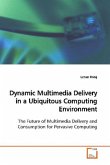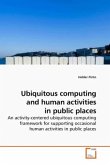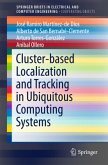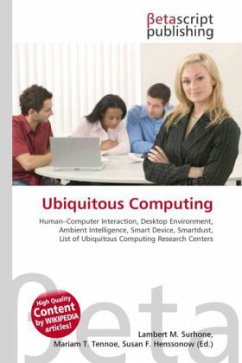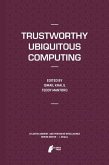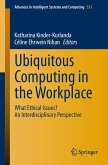The ubiquitous computing (ubicomp) area, sometimes
called pervasive computing, presupposes a strong
integration with the real world, with focus on the
user and on keeping high transparency. For
the development of applications in this scenario, we
need an adequate software infrastructure. This book,
therefore, presents an infrastructure based on
Service-Oriented Architecture (SOA), making use
of framework and middleware. The specific focus is
context awareness: the perception of characteristics
related to users and surroundings. We keep a history
of context using ontology. In this way, context is
represented in a considerably expressive, formal
approach, different from many solutions that exist
today. Our work is then at the intersection of these
three main areas: software infrastructures for
ubicomp, context awareness, and ontologies. In
the book, we also survey the field of ubiquitous
computing, suggesting a general architectural model
to deal with its fundamental challenges. This book is
intended for professionals in the computer science
area, particularly developers, designers, and
researchers that want to know more about the novel
and innovative field of ubicomp.
called pervasive computing, presupposes a strong
integration with the real world, with focus on the
user and on keeping high transparency. For
the development of applications in this scenario, we
need an adequate software infrastructure. This book,
therefore, presents an infrastructure based on
Service-Oriented Architecture (SOA), making use
of framework and middleware. The specific focus is
context awareness: the perception of characteristics
related to users and surroundings. We keep a history
of context using ontology. In this way, context is
represented in a considerably expressive, formal
approach, different from many solutions that exist
today. Our work is then at the intersection of these
three main areas: software infrastructures for
ubicomp, context awareness, and ontologies. In
the book, we also survey the field of ubiquitous
computing, suggesting a general architectural model
to deal with its fundamental challenges. This book is
intended for professionals in the computer science
area, particularly developers, designers, and
researchers that want to know more about the novel
and innovative field of ubicomp.

